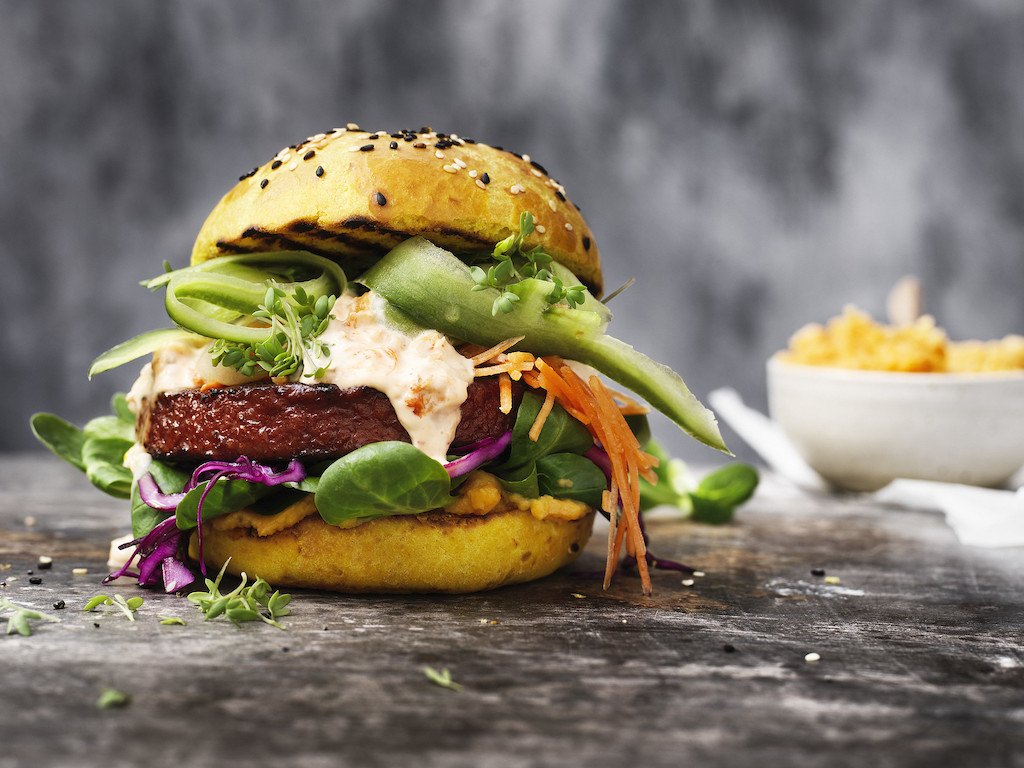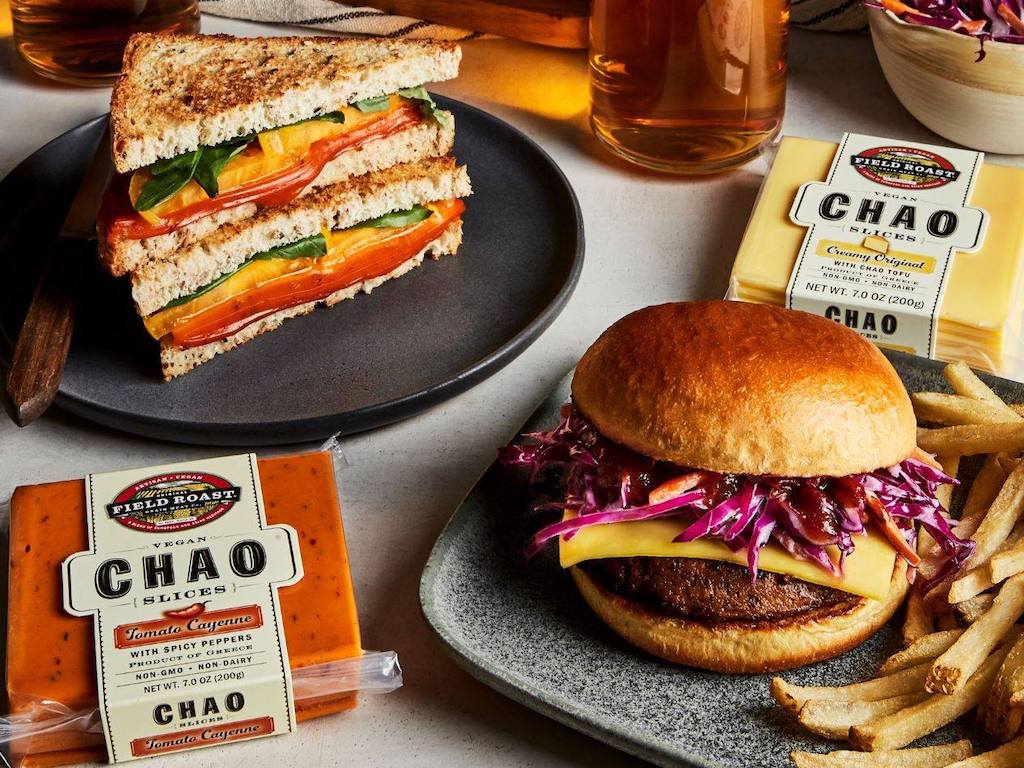3 Mins Read
A new report by the Better Buying Lab, a research lab under the World Resources Institute (WRI) that tests strategies to help consumers select sustainable foods, says that language matters when it comes to making plant-rich foods popular with mainstream shoppers. As the need to shift towards plant-based diets becomes increasingly clear in order to face the climate challenges of the future, the report says that certain words and descriptions that the food industry uses can either appeal to consumers or have the opposite effect.
According to research from Better Buying Lab, there are specific terms to avoid and types of language to use to help restaurants and the food industry boost sales of plant-rich items or dishes amongst mainstream consumers in the U.S. and U.K. Drawing evidence from previous studies and the Better Buying Lab’s primary research and consumer trials, words that analysts say should be avoided include “meat-free”, “vegan”, “vegetarian” and “healthy restrictive”.
Explaining why these terms might be unappealing to mainstream shoppers, the report says that across the board, “meat-free” dishes performed poorly because it triggers a response from consumers to avoid losing out on something, while “vegetarian” should be avoided as meat eaters tend to steer clever from dishes categorised within this “vegetarian box”. In fact, a 2016 study from the London School of Economics (LSE) and advised by the Better Buying Lab revealed that meat eaters are 56% less likely to order a plant-rich dish when it is labelled “vegetarian”.

Meanwhile, the word “vegan” usually portrays a diet that is described as “difficult or impossible to maintain”, and is often associated with other negative thoughts such as weak and restrictive. Consumers are also less keen on “healthy restrictive” language such as “reduced-sodium” or “lighter choice” because it reinforces the concept that healthy food is not always tasty.
Instead, the Better Buying Lab says that other kinds of language should be employed to incentivise and better communicate plant-rich dishes to consumers to encourage first-time orders of these menu items. According to researchers, a focus on the food’s provenance, flavour and look and feel are key language shifts that could have a major impact on boosting plant-based sales.
Provenance – communicating with consumers the origin or history of the particular food – boosts sales because it helps create positive associations with a product, such as “Chicago-style pizza”. In a study conducted in the U.K. with supermarket chain Sainsbury’s, the Better Buying Lab said that swapping out “Meat-Free Breakfast” to “Garden Breakfast” and “Field Grown Breakfast” had the effect of increasing sales by a significant 12% and 17% respectively. Researchers also cited the success of existing plant-based brands that highlight the natural environment of where their product ingredients are grown, such as Nestlé’s Europe-facing meat alternative brand Garden Gourmet.

Aside from provenance, analysts say that “spotlighting what a dish will taste like can be a route to getting people’s mouths watering” and is a key marketing tactic that meat-based dishes have tended to use over the years. Applying it to plant-based foods by introducing flavour-focused labels with “indulgent” language can therefore increase sales. In an online study conducted alongside the U.K.’s Behavioural Insights Team, the report says that renaming “Chickpea and Potato Curry” to “Mild and Sweet Chickpea and Potato Curry” enhanced sales by a whopping 108%.
Finally, the Better Buying Lab says plant-based brands should embrace language centering on the appearance, mouthfeel and flavour of the dish, such as colours like “rainbow” to describe a salad and texture-based descriptions like “melt-in-the-mouth” for plant-based cheesy pastas. This will help cue consumers’ positive expectations and overcome existing biases or prejudices that they might have about the taste of meatless dishes.
Lead image courtesy of Field Roast.




